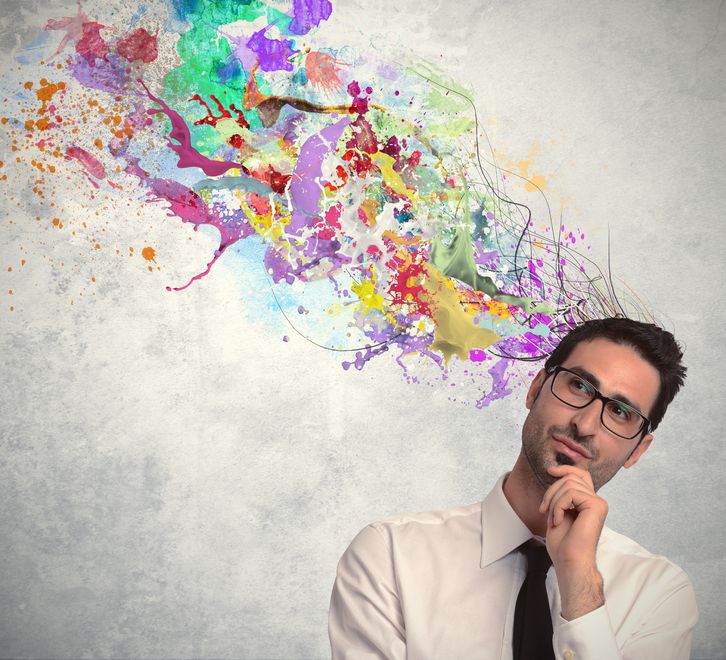Consuming Vs. Creating

The old adage is true: money can’t buy you love. Yet, this is not the only important context where money is not helpful. I believe this: it is impossible to consume one’s way to either happiness or meaningfulness. In other words, you are not defined by your stuff.
In the 21st century, we now live in a consumer culture where people are more likely to read, hear, or see marketing messages than anything else during their day and planned product obsolescence is the norm. Unlike just a few generations ago, it is no longer strange to replace material items, not because they are broken or worn out, but because they are a few years old. Shopping is utilized by millions both as a form entertainment or ‘self-therapy’. Additionally, luxury goods and conspicuous consumption have become the main demarcation between the truly wealthy and everyone else.
Numerous scientific studies have demonstrated that after people make enough money to cover all their material needs and become comfortable, making more money does little to improve their overall happiness (although money does have a significant impact on improving the general well-being and happiness of those who are in poverty).
I am not going to offer any definitive philosophical proof here; however, I hold that one cannot glean meaning or meaningfulness from possessions. Buying a new shirt, a second house, or even a rare book, such a first edition folio of Shakespeare’s plays all can temporarily boost our happiness via pleasure in the moment, but they do not add meaning to one’s life whatsoever. Even owning valuable and rare things, while these objects may give one a sense of pride, things themselves cannot convey meaning to the owner.
On the flip side, pursuing worthy goals and creating new entities within the world can help increase happiness and impart meaning to one’s life. I think it is obvious to everyone that there is a great difference between crafting a work of art by oneself and merely buying a painting at a gallery.
Some common acts of creation that give meaning include writing a book, cultivating a garden, raising a family, building a business, and crafting a unique relationship with a spouse. There are many more ways to create which are likely to increase both your happiness and purpose in a way that consuming cannot. To achieve one’s full potential as a human being, one must find ways to express their creative impulses in a way that benefits the world as well.
The bottom line: if you want to expand your personal happiness and delve deeper into the meaning of your life, focus on creating, not consuming.